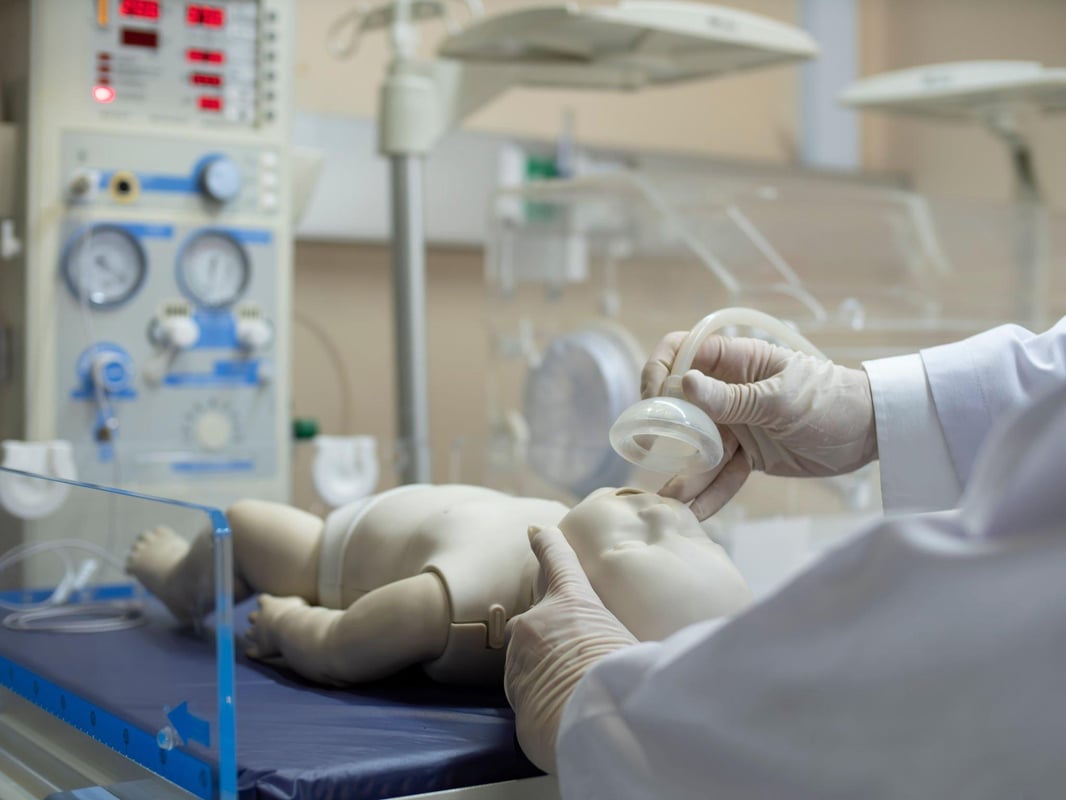
Financial aid (may be available)

Financial aid (may be available)

Financial aid (may be available)

Financial aid (may be available)
$276 total
$2,075 total
$270 total
$410 total
$365 total
$150 total
No cost info
$285 total
$150 total
No cost info
When it comes to life-saving procedures and care, Pediatric Advanced Life Support (PALS) is a vital training program that equips healthcare professionals to respond efficiently to critically ill infants and children. This blog post aims to guide you on your journey to finding the best PALS classes near you in Boise City, Idaho. Here, we will cover the basics of PALS, what to expect from classes, and how you can utilize this certification for your career advancement.

PALS is a series of protocols and procedures designed to handle the direst of pediatric medical emergencies. It is a systematic approach to pediatric assessment by healthcare providers, aiming to reduce mortality and morbidity of children due to life-threatening emergencies. PALS training is essential for healthcare professionals who respond to emergencies in infants and children, and for those in emergency response, emergency medicine, intensive care, and critical care units.
To be eligible for PALS training, you should be a healthcare provider who directs or participates in the management of respiratory and/or cardiovascular emergencies and cardiopulmonary arrest in pediatric patients. This includes personnel in emergency response, emergency medicine, intensive care, and critical care units. It's worth noting that having a prior Basic Life Support (BLS) or Advanced Cardiac Life Support (ACLS) certification can be an advantage but is not a strict requirement.
When choosing PALS classes, consider the following points:
Accreditation: Ensure that the course is accredited by recognized bodies like the American Heart Association (AHA) or the American Academy of Pediatrics (AAP). This guarantees that the course content adheres to the latest guidelines.
Course Content: The course should cover pediatric emergency assessment, basic life support, PALS treatment algorithms, effective resuscitation, and team dynamics.
Practical Training: Look for classes that offer hands-on training with manikins and AED (Automated External Defibrillator) devices. This practical experience is crucial in preparing you for real-life emergencies.
PALS classes typically involve a combination of lectures, video demonstrations, and practical training. You will learn to recognize and treat conditions such as respiratory distress/failure, shock, and cardiac arrest. You'll also gain skills in effective communication as part of a resuscitation team.
Upon completion of the course, you will need to pass a written exam and a hands-on skills test. Successful completion of these will earn you a PALS Provider Course Completion Card. This certification is generally valid for two years, after which you need to take a refresher course to maintain your certification.
Once certified, you can explore job opportunities in settings that provide emergency services to pediatric patients. These include hospitals, emergency medical services, and some outpatient clinics. You can also consider roles such as Pediatric Nurse, Pediatric Intensive Care Unit (PICU) Nurse, or Emergency Department Nurse.
After gaining your PALS certification, you may opt to further your skills with these additional courses:
Advanced Cardiac Life Support (ACLS): This program builds on the foundation of lifesaving BLS skills, emphasizing the importance of continuous, high-quality CPR.
Neonatal Resuscitation Program (NRP): This course introduces the concepts and basic skills of neonatal resuscitation.
Emergency Medical Technician (EMT) Training: This training is crucial for those who wish to be on the frontline of emergency care.
Maintaining your PALS certification involves completing a recertification course every two years. This ensures you stay updated with the latest procedures and protocols in pediatric advanced life support.
Choosing the right training provider is crucial for your learning experience. Consider factors such as the course curriculum, trainers' expertise, and the practical hands-on sessions offered.
PALS plays a crucial role in healthcare, particularly in emergency situations involving infants and children. It equips healthcare providers with the knowledge and skills needed to make quick decisions that could save a child's life.
Becoming PALS certified is a significant step in advancing your career in healthcare. Not only does it equip you with essential life-saving skills, but it also opens up a wide range of job opportunities. To find more vocational training programs in Idaho, explore options like becoming a radiology technician or a respiratory therapist. Remember, continuous learning and upskilling are vital in the rapidly evolving field of healthcare.
Dreambound's extensive guides dig into the specific requirements and challenges that are different for each city in the US. Check out some of our other guides below:
Contemplating a transition in your career or exploring various professional paths? Dreambound has written comprehensive guides on nearly every type of program to aid you in your decision.
Dreambound's platform allows prospective students to find the right educational program for them through searching, filtering, and connecting with our extensive selection of career & technical education partners.
Dreambound has over 70 programs across healthcare, technology, business, and industrial trades. This includes programs such as Medical Billing, Cybersecurity, and welding.
Some of our schools offer financial aid for those who qualify. Many others offer payment plans, where you can pay the cost of class over time.
Yes, Dreambound offers many online programs. On Dreambound's search, you can filter by online, in-person, and hybrid (part online, part in-person).
Dreambound is completely free for you to use! We are supported by schools and organizations who pay to advertise on our website, so we can offer all of our career resources for free.